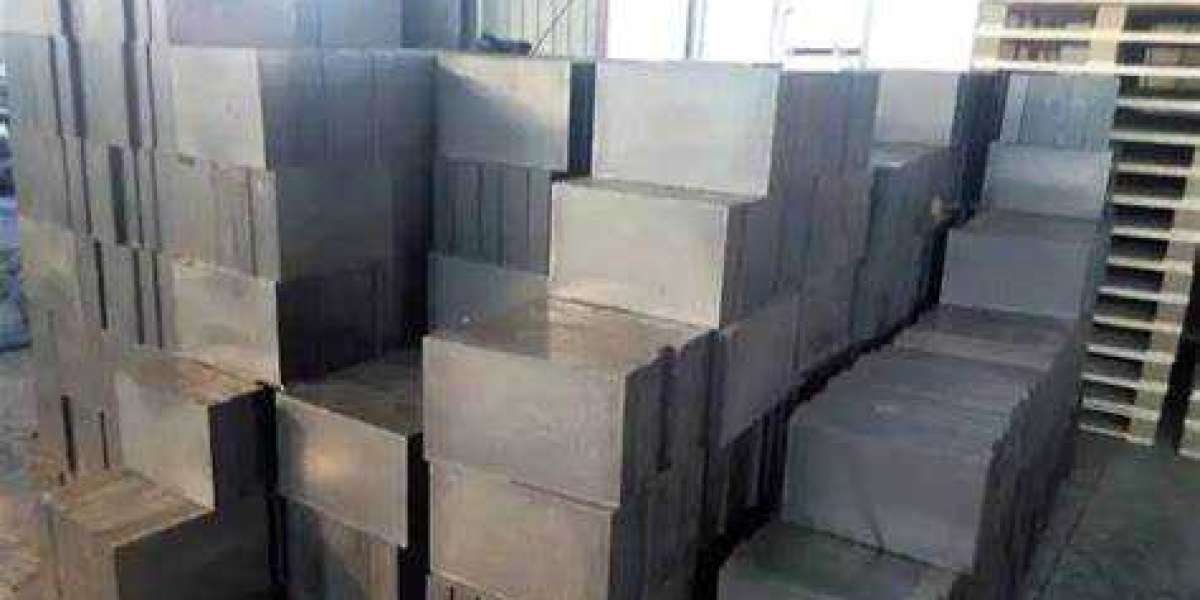Alumina silicon carbide (Al2O3-SiC) bricks are a type of refractory material that is used in a variety of high-temperature applications. They are made from a combination of alumina and silicon carbide, which gives them a number of desirable properties, including:
- High refractoriness: Alumina silicon carbide bricks have a high melting point, which makes them suitable for use in applications where temperatures can reach up to 1750°C (3182°F).
- Good heat conductivity: Alumina silicon carbide bricks have good heat conductivity, which allows them to transfer heat efficiently. This is important in applications where heat is used to generate electricity or to melt materials.
- Excellent resistance to wear and abrasion: Alumina silicon carbide bricks are very resistant to wear and abrasion, which makes them suitable for use in applications where they will be subjected to a lot of mechanical stress.
- Good resistance to chemical attack: Alumina silicon carbide bricks are resistant to attack from a variety of chemicals, including acids, alkalis, and salts. This makes them suitable for use in applications where they will be exposed to harsh chemical environments.
Alumina silicon carbide bricks are used in a wide variety of applications, including:
- Power plants: Alumina silicon carbide bricks are used in a variety of power plant applications, including boilers, furnaces, and incinerators.
- Metallurgy: Alumina silicon carbide bricks are used in a variety of metallurgical applications, including furnaces, ladles, and tundishes.
- Cement: Alumina silicon carbide bricks are used in cement kilns.
- Petrochemicals: Alumina silicon carbide bricks are used in petrochemical furnaces and crackers.
- Glass: Alumina silicon carbide bricks are used in glass furnaces.
Alumina silicon carbide bricks are a valuable material for a variety of high-temperature applications. Their high refractoriness, good heat conductivity, excellent resistance to wear and abrasion, and good resistance to chemical attack make them a versatile and durable material.
Here are some of the benefits of using alumina silicon carbide bricks:
- Increased productivity: Alumina silicon carbide bricks can help to increase productivity by reducing downtime and extending the life of equipment.
- Reduced energy costs: Alumina silicon carbide bricks can help to reduce energy costs by improving heat transfer efficiency.
- Improved safety: Alumina silicon carbide bricks can help to improve safety by reducing the risk of fires and explosions.
- Extended equipment life: Alumina silicon carbide bricks can help to extend the life of equipment by reducing wear and tear.
If you are considering using alumina silicon carbide bricks in your application, it is important to consult with a qualified refractory engineer to ensure that you are selecting the right type of brick for your specific needs.








